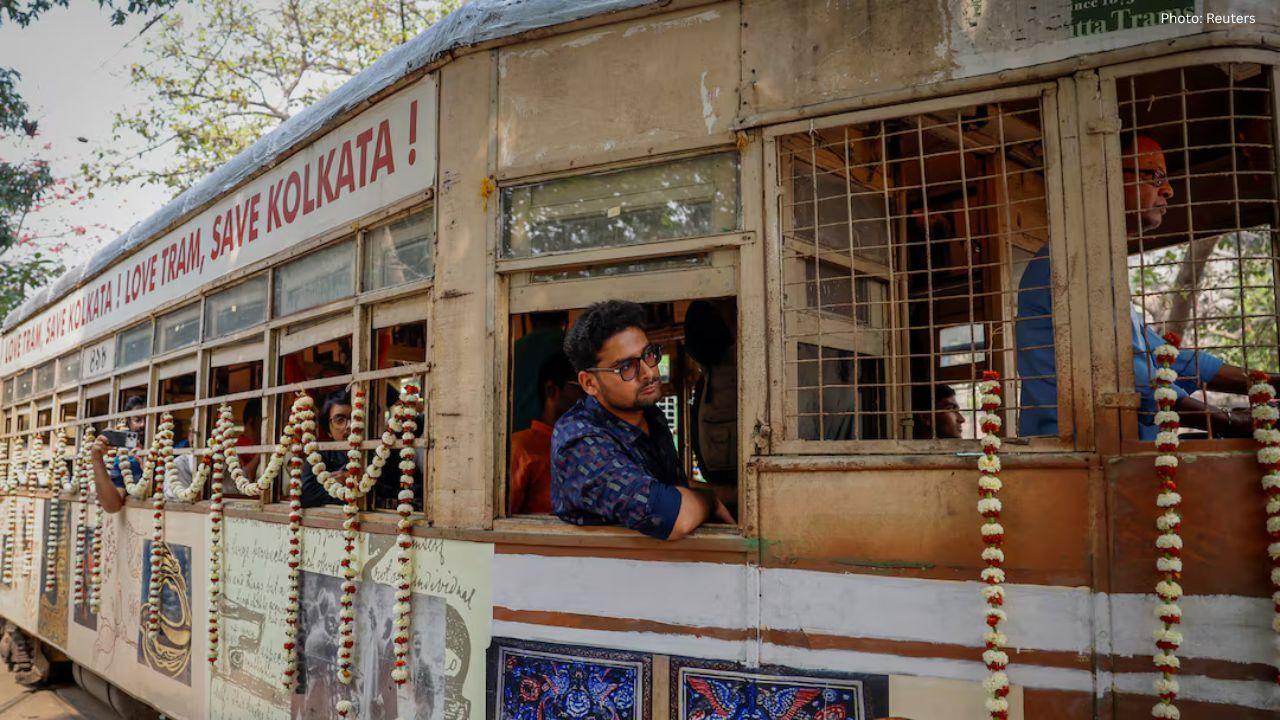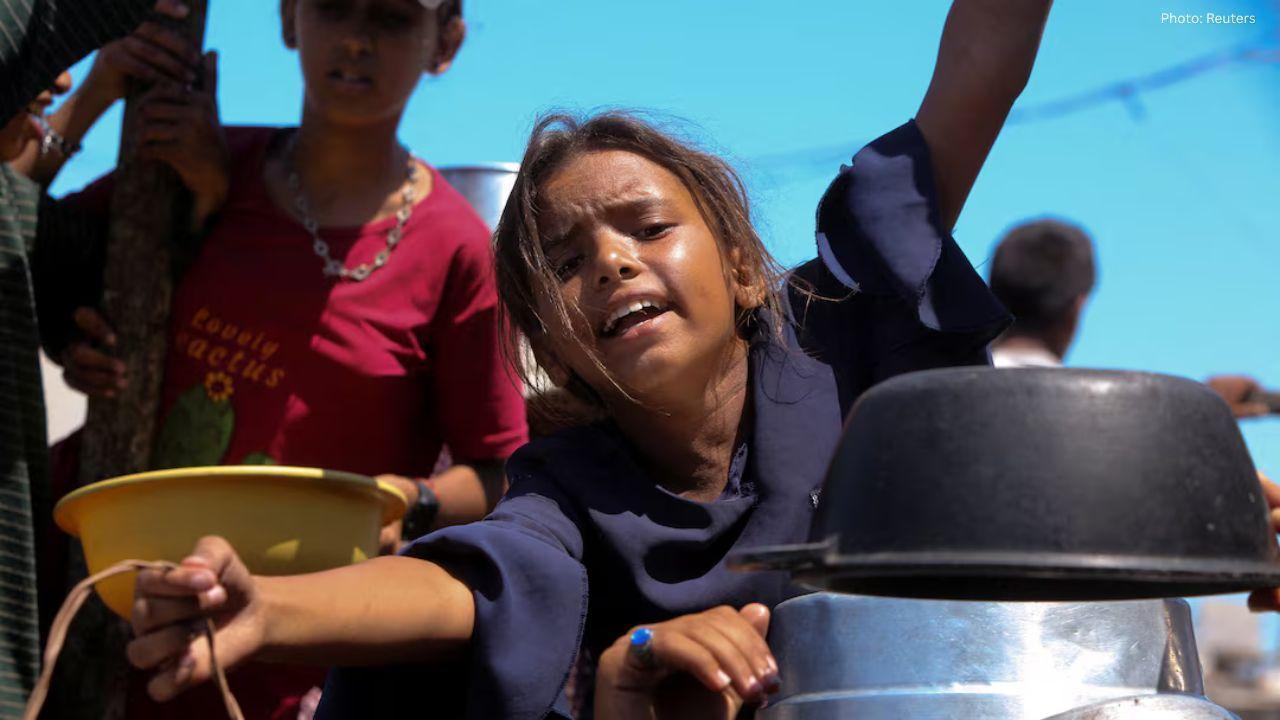You have not yet added any article to your bookmarks!

Join 10k+ people to get notified about new posts, news and tips.
Do not worry we don't spam!

Post by : Laxmi Verma
Traveling across Asia is an enriching experience filled with vibrant cultures, stunning landscapes, and diverse traditions. Whether you’re exploring the bustling streets of Tokyo, the historic temples of Bangkok, or the colorful markets of Delhi, understanding the local customs is crucial. Respecting cultural norms not only enriches your travel experience but also helps you connect genuinely with the people you meet along the way.
We will explore the cultural etiquette you need to know when traveling in Asia, ensuring you navigate social interactions smoothly and respectfully.
Asia is a vast continent with countries that differ greatly in language, religion, and traditions. Despite these differences, many Asian cultures share a common emphasis on respect, harmony, and community. Observing local etiquette shows appreciation for these values and helps avoid misunderstandings or unintended offense.
Failing to recognize cultural norms can lead to awkward moments or, worse, offending your hosts. On the other hand, demonstrating cultural sensitivity opens doors to deeper interactions and more memorable travel experiences.
One of the first aspects of cultural etiquette you need to know when traveling in Asia is how to greet people. In many Asian countries, physical contact is minimized during greetings. For example, bowing is customary in Japan and South Korea as a sign of respect. In Thailand, the “wai”—a slight bow with palms pressed together—is a traditional greeting. Understanding and reciprocating these gestures shows respect for local customs.
In contrast, in countries like India or the Philippines, a handshake or even a cheek kiss may be common. However, it’s important to wait for a cue from your host, as the appropriate form of greeting can vary widely even within regions.
Clothing is another key area in the cultural etiquette you need to know when traveling in Asia. Many Asian cultures value modesty, especially in religious or traditional settings. For instance, when visiting temples, mosques, or other sacred sites, covering your shoulders and knees is often mandatory.
In countries like Malaysia and Indonesia, conservative dress is appreciated and sometimes expected. Even in more cosmopolitan cities, erring on the side of modest attire shows respect. Additionally, removing your shoes before entering someone’s home or certain establishments is a common practice in places like Japan, Thailand, and India.
Food plays a central role in Asian cultures, and dining etiquette varies significantly. Knowing the proper way to behave at the table can enhance your interactions and avoid faux pas.
In many Asian countries, it’s polite to wait for the eldest or most senior person to start eating before you begin. Using chopsticks correctly is also important in East Asian countries; avoid sticking chopsticks upright into your bowl as this resembles funeral rites in places like China and Japan.
Sharing food is a common practice in many Asian cultures, so be prepared to try communal dishes. In some places, such as India, eating with your right hand is customary, as the left hand is considered unclean for eating.
Asia is home to many religions, including Buddhism, Hinduism, Islam, and Christianity, and each has its own set of rituals and customs. Being mindful of religious practices is a crucial part of cultural etiquette you need to know when traveling in Asia.
For example, when visiting Buddhist temples, dress modestly and speak softly. Avoid touching religious statues or monks, especially if you are a woman, as this can be considered disrespectful. In Islamic countries, be aware of prayer times and avoid public displays of affection.
Understanding these nuances will deepen your appreciation of the local culture and help you avoid unintended disrespect.
Asian cultures often value humility, patience, and harmony in public settings. Loud conversations, overt displays of anger, or public confrontations are generally frowned upon.
In countries like Japan and South Korea, maintaining a calm and polite demeanor is especially important. Direct criticism or confrontation can cause embarrassment and damage relationships, so learning to communicate politely and indirectly is an asset.
Personal space is also respected differently across Asia. While some countries prefer more physical distance, others may have closer social proximity. Observing local cues will help you adapt comfortably.
Gift-giving traditions are significant in many Asian cultures and often symbolize respect and gratitude. However, the way gifts are presented and received can be just as important as the gift itself.
In countries like China and Japan, presenting gifts with both hands and showing humility when receiving gifts is customary. Certain colors, such as white or black, might be avoided in wrapping paper because they are associated with mourning. Similarly, gifts should never be opened in front of the giver unless invited to do so.
Being aware of these details is part of the essential cultural etiquette you need to know when traveling in Asia.
This article is intended for informational purposes only and reflects general cultural practices in Asia. Customs can vary widely between countries and regions, so travelers are encouraged to research specific local etiquette and respect cultural differences during their visits.










Two Telangana Women Die in California Road Accident, Families Seek Help
Two Telangana women pursuing Master's in the US died in a tragic California crash. Families urge gov

Ranveer Singh’s Dhurandhar Roars Past ₹1100 Cr Worldwide
Ranveer Singh’s Dhurandhar stays unstoppable in week four, crossing ₹1100 crore globally and overtak

Asian Stocks Surge as Dollar Dips, Silver Hits $80 Amid Rate Cut Hopes
Asian markets rally to six-week highs while silver breaks $80, driven by Federal Reserve rate cut ex

Balendra Shah Joins Rastriya Swatantra Party Ahead of Nepal Polls
Kathmandu Mayor Balendra Shah allies with Rastriya Swatantra Party, led by Rabi Lamichhane, to chall

Australia launches review of law enforcement after Bondi shooting
Australia begins an independent review of law enforcement actions and laws after the Bondi mass shoo

Akshaye Khanna exits Drishyam 3; Jaideep Ahlawat steps in fast
Producer confirms Jaideep Ahlawat replaces Akshaye Khanna in Drishyam 3 after actor’s sudden exit ov